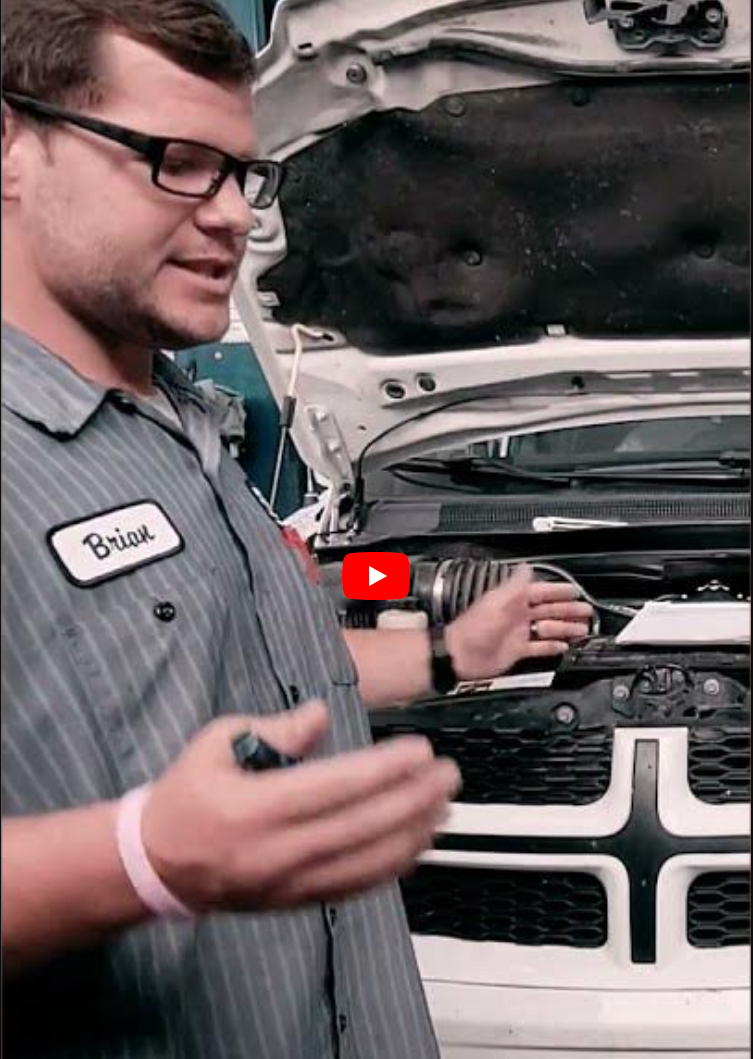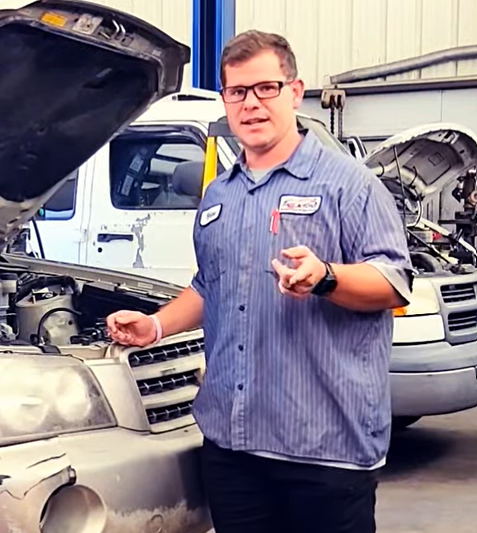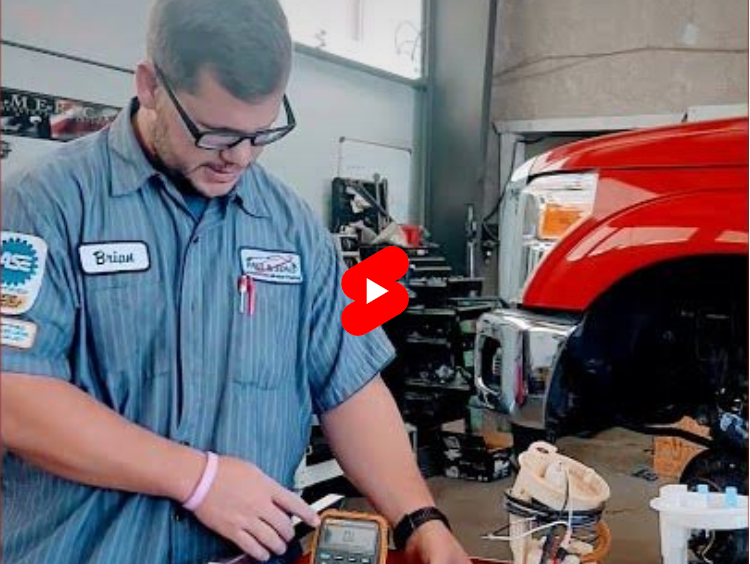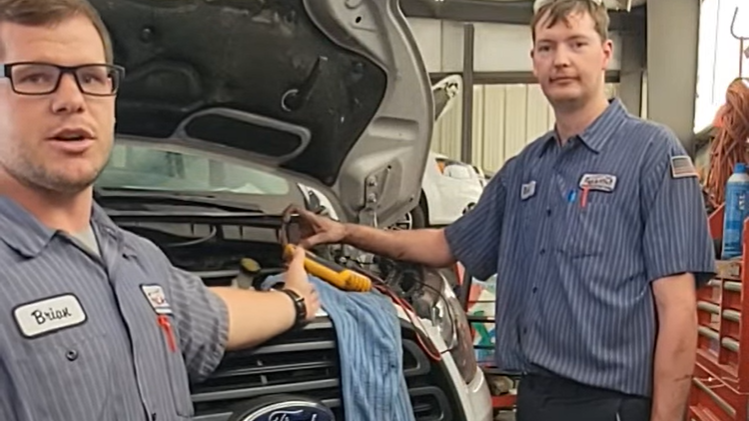Posted on 9/11/2024

A clogged fuel pressure regulator in a diesel truck can indeed cause it to die on the road, and here's how that happens: Fuel Flow Disruption: The fuel pressure regulator's job is to maintain the correct fuel pressure in the fuel system. If it becomes clogged, it can disrupt the flow of fuel. In a diesel engine, fuel is critical for maintaining the correct air-fuel mixture for combustion. When the regulator is clogged, it can either cause too much or too little fuel to reach the engine. Inconsistent Fuel Pressure: A clogged regulator can lead to fluctuating fuel pressure. Diesel engines rely on a steady fuel pressure to operate smoothly. If the pressure is inconsistent, the engine might not get the right amount of fuel at the right time, which can cause it to run poorly or stall. Engine Stalling: If the regulator is clogged to the point where it severely restricts fuel flow, the engine might not get enough fuel to sustain op ... read more
Posted on 9/4/2024

There are several common reasons why your car might be leaking oil: Gasket or Seal Failure: Gaskets or seals in your engine, such as the valve cover gasket or oil pan gasket, can deteriorate over time and start leaking. Oil Filter Issues: If the oil filter is not properly installed or if it's damaged, it can cause oil to leak. Oil Pan Damage: The oil pan can become damaged from road debris or impact, leading to leaks. Cracked Engine Block: Although less common, a crack in the engine block can lead to significant oil leaks. Loose or Damaged Oil Drain Plug: The oil drain plug, located at the bottom of the oil pan, can become loose or damaged, causing oil to leak
Posted on 8/22/2024

When you decline a vehicle repair, it often means that an underlying issue remains unresolved. Over time, this issue can worsen and lead to additional problems. Here’s why this happens: Progressive Damage: Some vehicle issues, like a failing transmission or worn-out brakes, can deteriorate over time if not addressed. This can lead to more severe damage and costly repairs. Compounding Problems: Unresolved issues can affect other parts of your vehicle. For instance, a small oil leak can lead to engine damage if not fixed. Increased Wear and Tear: Neglecting necessary repairs can lead to increased strain on other components, causing them to wear out faster. Safety Risks: Certain issues, such as brake or steering problems, can become more dangerous if left unaddressed, potentially compromising your safety. Addressing repairs promptly helps prevent these cascading effects and ensures your vehicle remains reliable ... read more
Posted on 8/22/2024

Servicing your vehicle on time is crucial for several reasons: Safety: Regular maintenance helps ensure that all safety systems, such as brakes, tires, and lights, are functioning correctly, reducing the risk of accidents. Performance: Timely servicing keeps your vehicle running smoothly, enhancing overall performance and fuel efficiency. Longevity: Routine maintenance can prevent major issues and extend the lifespan of your vehicle by addressing wear and tear before it leads to significant damage. Cost Savings: Preventative maintenance is often less expensive than major repairs that result from neglected issues. Resale Value: A well-maintained vehicle typically has a higher resale value, as it demonstrates that it has been cared for properly
Posted on 8/14/2024

Faulty Fuel Sender Unit: This unit, located in the fuel tank, sends the fuel level information to the gauge. If it fails, the gauge may read incorrectly or not at all. Bad Fuel Gauge: The gauge itself might be malfunctioning or have an electrical issue. Wiring Issues: Damaged or loose wires between the fuel sender and the gauge can cause problems. Blown Fuse: A fuse related to the fuel gauge system might be blown. Grounding Issues: Poor grounding can disrupt the signal and affect gauge readings
Posted on 8/9/2024

Glow plugs are components used in diesel engines to aid in starting the engine. They heat up the air in the combustion chamber, making it easier for the engine to ignite the diesel fuel, especially in cold weather. When a diesel engine starts, the glow plugs heat up to a high temperature, creating a hot spot that assists in the combustion process. Once the engine is running and reaches operating temperature, the glow plugs are no longer needed and typically turn off. They are crucial for ensuring smooth starts and efficient operation in cold conditions